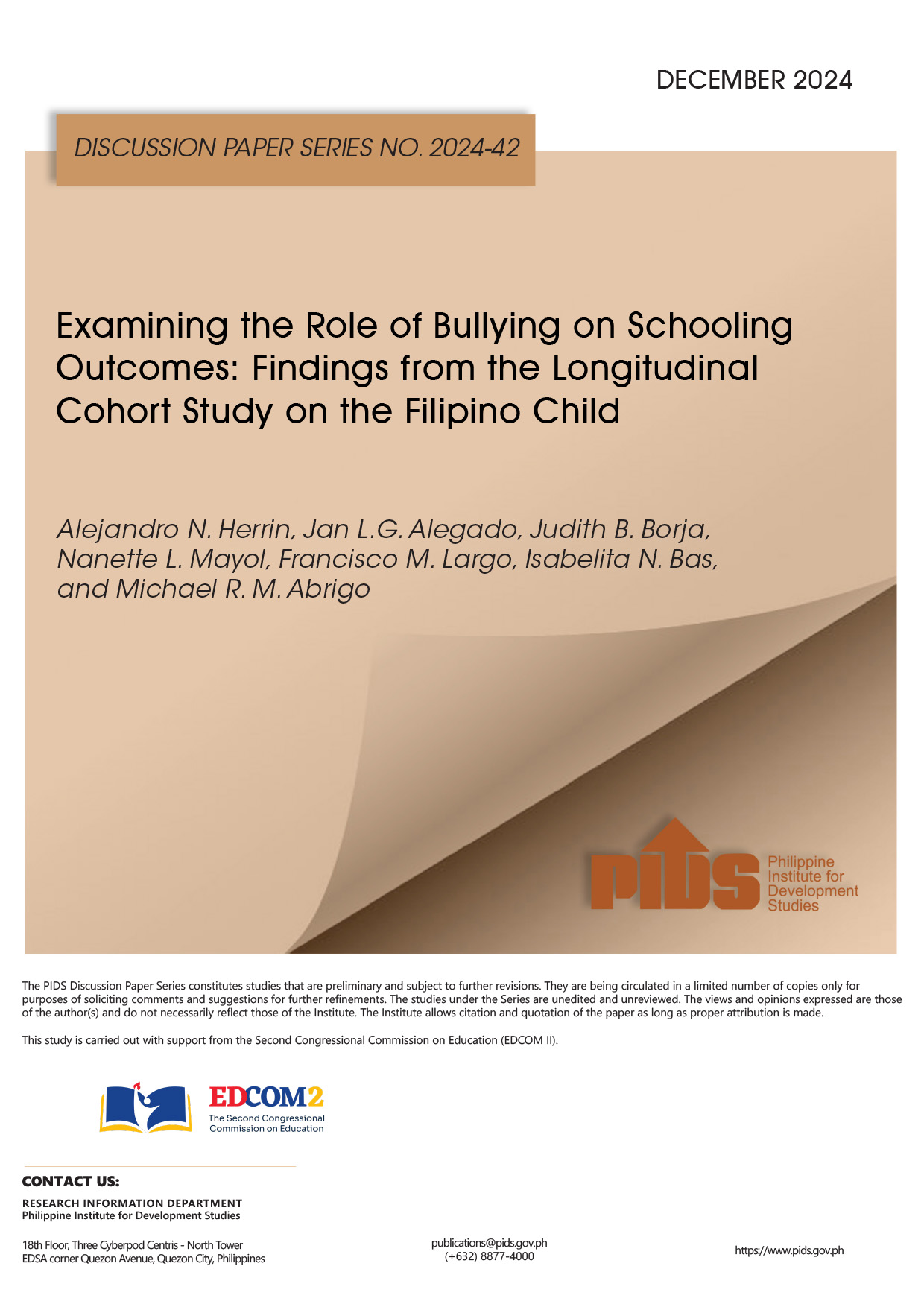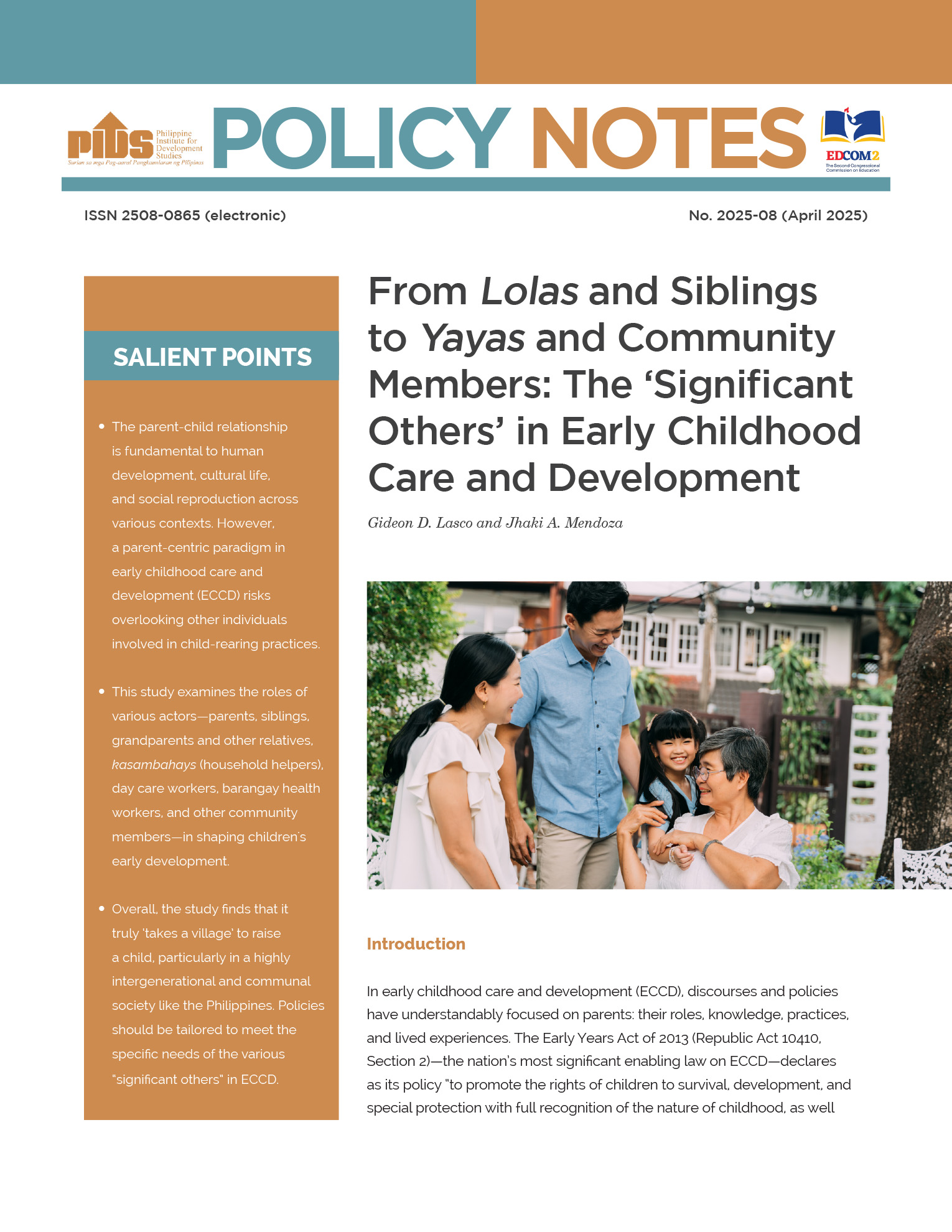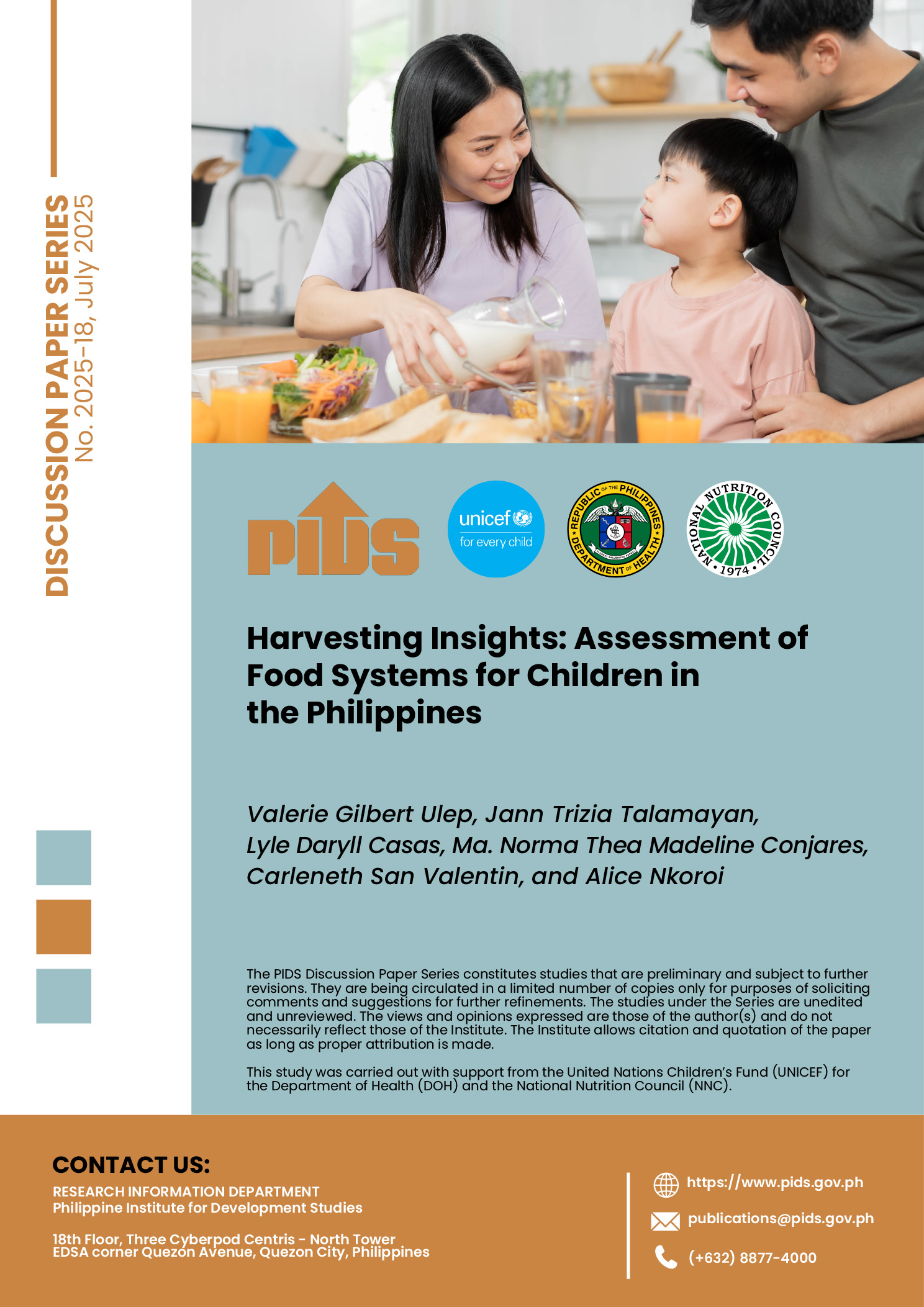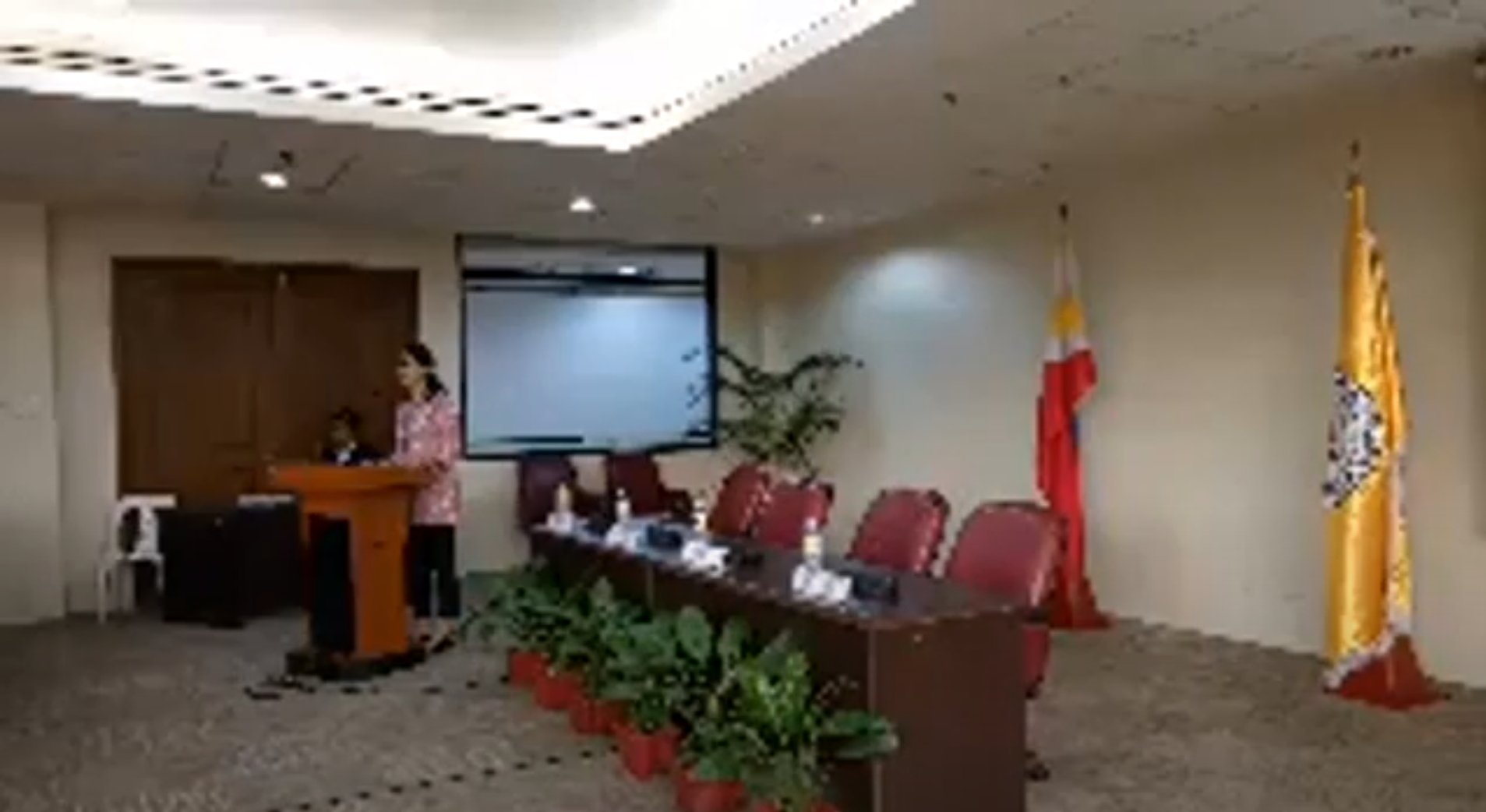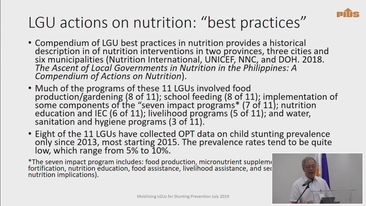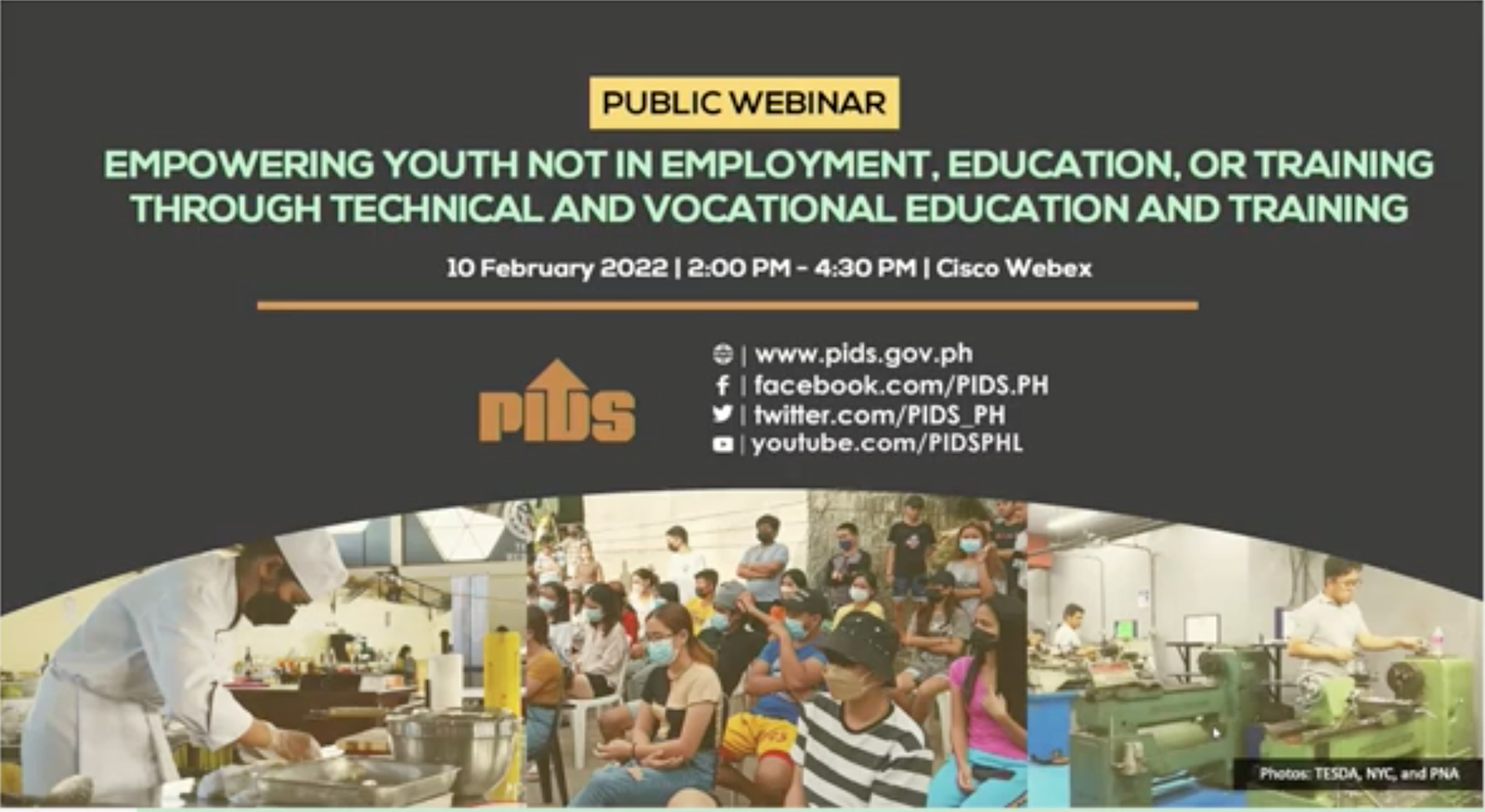The Conditional Cash Transfer (CCT) dole-outs extended to poor Filipino families nationwide are not enough to reduce child labor in the Philippines, according to a study authored by Senior Research Fellows at the state-owned think tank Philippine Institute for Development Studies (PIDS). In the study, titled "Does Pantawid foster dependence or encourage work? Evidence from a randomized experiment,” PIDS Senior Research Fellow Anicento Orbeta and visiting Senior Research Fellow Vicente Paqueo said that while child labor work hours declined, CCT was not enough to reduce, much more eliminate, child labor. "The results show that Pantawid reduced the number young elementary school-aged children are spending working for pay but it did not make a significant impact on the incidence on child labor. This is perhaps because the beneficiaries did not find the cash grant substantial enough to substitute for earnings from child labor except for young children who are not earning much anyway,” the authors said. The authors grouped children by sex and by age groups. The study included children aged 6 to 11 years old to represent elementary pupils that are covered by the program; those aged 12 to 14 who are in high school but are still covered by the program; and those aged 15 to 17 representing the rest of the school-aged children.

